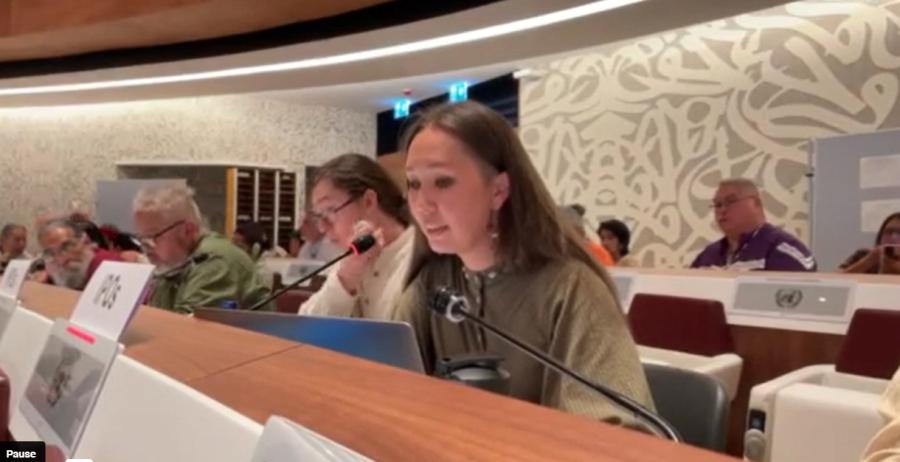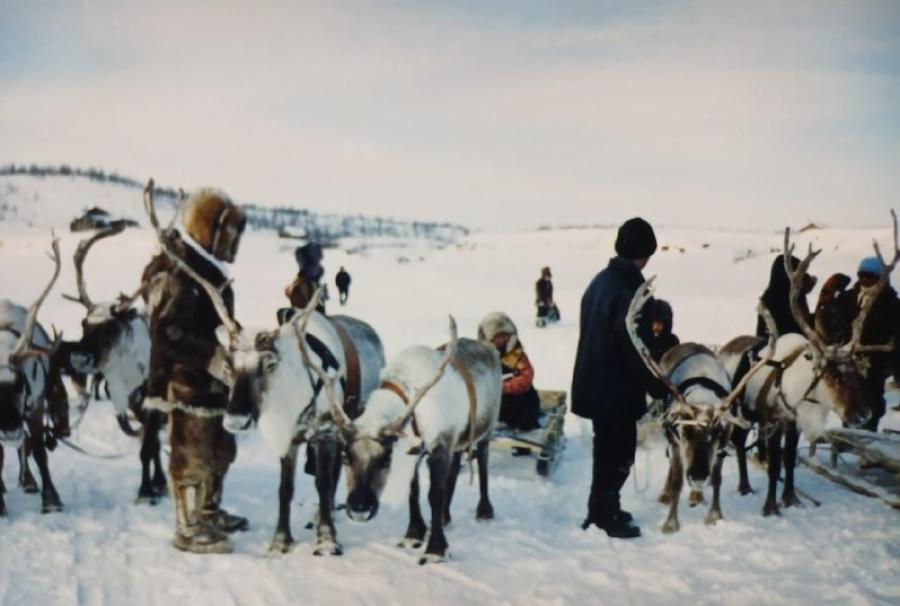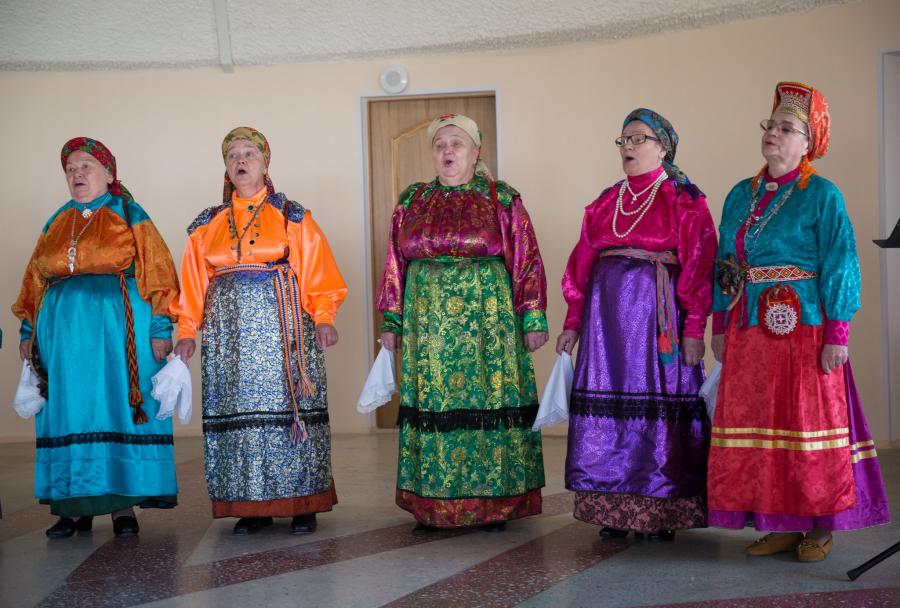Celebrate this victory in a campaign we launched in January 2004!
Thanks to all who have written letters to the Russian government and to the Sakhalin II oil project's potential financial backers. With this week's decision, the Russian government has taken an important step to put some teeth into corporate accountability and to protect Sakhalin's fragile wild salmon habitat.
****************************************
Russia Revokes Permit for Sakhalin Energy Project
MOSCOW, Russia, September 19, 2006 (ENS) - Russian environmental officials have withdrawn a key permit for a massive oil and gas project off the coast of the Sakhalin Island, citing concerns that work on pipelines was harming salmon runs. The decision was praised by environmentalists, but drew sharp criticism from Japanese and European officials keen to see the billion project completed.
Japan's chief cabinet secretary indicated any delay could negatively influence relations with Russia and EU Energy Minister Andris Piebalgs said the move could undermine foreign investment in the project.
"I take this announcement very seriously indeed," Piebalgs said Tuesday. "Every country has the legitimate right, and indeed obligation, to ensure that any oil or gas extraction on its territory is undertaken to the highest possible environmental standards. This is an objective whole-heartedly shared by the EU."
"However, in the event that such issues have been identified regarding the Sakhalin-2 development, I believe that they should be clearly and unequivocally identified by the Russian authorities and Shell must be given an appropriate time to resolve them according to defined and clear criteria, set out in advance," he added.
The controversy is unlikely to be the final blow for the massive project, which promises to tap vast supplies of oil and natural gas in the waters around the island, which lies north of Japan in the Sea of Okhotsk.
Pressure for the oil and gas project is enormous, with Japan, Europe and the United States all keen on the plan to tap offshore reserves.
The region holds an estimated one billion barrels of oil and 500 billion cubic meters of gas.
Oil exports from a massive field offshore of Sakhalin Island began in 1998 - phase II of the project includes plans to build four pipelines to construct one of the world's largest production plants for liquefied natural gas (LNG).
The project is led by the Sakhalin Energy Investment Company (SEIC), a consortium that includes oil giant Royal Dutch Shell and Japanese companies Mitsubishi and Mitsui.
Last month Russian environmental officials halted the construction of two onshore pipelines, alleging multiple violations of environmental laws.
The Federal Service for the Supervision of Natural Resources said the consortium has failed to build anti-erosion facilities and has dumped industrial wastewater into the ocean. These allegations in part prompted the decision Monday cancel a 2003 environmental assessment, revoke the permit and halt work on the project.
The consortium said in a statement that it is confident the 2003 environmental assessment "did not violate any applicable law and ? has been the basis for successful execution of the project to date."
The statement noted that there was "no valid grounds" for the cancellation of the permit and warned that the decision "could be damaging for the project and for Russia and lead to delays in project development."
The Russian government will reap some of the revenues from the project after the investment has been recovered and has a vested interest in it being completed on time. Some observers contend the government may be using the permit issue in a bid to pressure Shell to grant Russian oil firms a stake in the lucrative project.
Petr Hlobil, of CEE Bankwatch Network, said European and Japanese officials speaking in defense of the consortium "are further undermining the position of Russia's environmental authorities."
"Instead they should use their leverage over Shell, Mitsui and Mitsubishi to stop the violations of Russian environmental legislation and reduce the manifest and hard felt environmental and social impacts of the project," he said.
Russian authorities should not be criticized for this recent decision, but rather for "taking so long to realize a whole number of violations to Russian legislation and permission documents by Shell, Mitsui and Mitsubishi," Hlobil added.
Last year Sakhalin indigenous people protested the project. The banner reads, "I am not a guest here. I am the returning son. Here, for me everything is both beloved, and holy." (Photo courtesy Pacific Environment) "The Sakhalin II project is being extremely badly managed from the environmental point of view and threatens not only highly sensitive ecosystems, but also the livelihoods of thousands of Sakhalin islanders who depend on fishing," Hlobil said.
Hlobil's group is a member of a campaign to stop public financing of the massive project and the groups contend the decision by Russian authorities is further evidence that the European Bank for Reconstruction and Development should not loan the consortium money for Sakhalin II.
"SEIC cannot credibly demonstrate that Sakhalin II complies with EBRD's policies," the coalition said in a letter sent Monday to the bank's president.
The letter specifically cited EBRD's Environment Policy, which "requires that projects financed by the bank comply with applicable national environmental law."
Environmentalists oppose the plan for a variety of reasons, including concerns that the project will degrade the habitat of the critically endangered western Pacific gray whale.
Scientists estimate there are only some 130 of the whales remaining in the world and fear the project will harm the waters around the island - the species' only known feeding ground.



